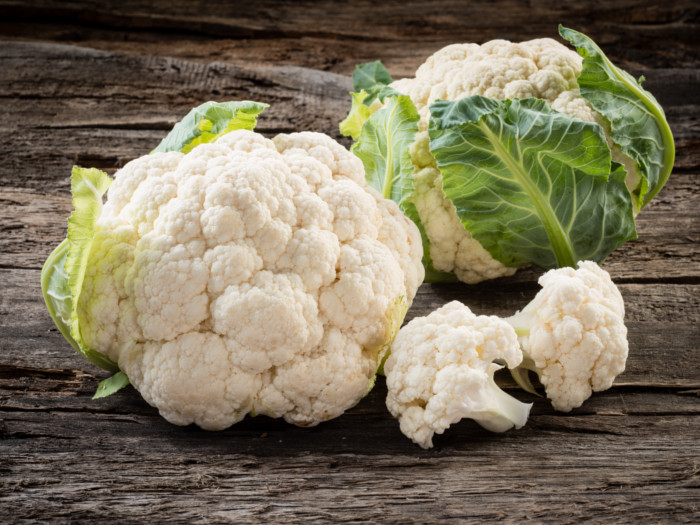Today, I am traveling to Houston, Texas. I'm a part of a book that's coming out called Latinas Rising" Volume 1. I am one of the authors and luckily I was chosen out of four women from the RGV and the state of Texas to share my story. Tonight I'll be one of the panelists reliving my past once again to help so many people who are lost. I think it will be easier this time because this is already my second time being a panelist.
I am in competition prep so I got to make sure I'm eating right even on the road. So I made myself some tofu stir-fry with spinach, red bell and orange pepper, and mushrooms. It was delicious!
Experimenting with tofu has so far been an interesting adventure! Adding it to different types of meals has been great! Before, I had only used it with my flourless protein brownies. I never really used it to replace protein in my normal meals but, I definitely see myself eating more tofu as I keep on living a healthy lifestyle which will be forever!
The key with any type of healthy cooking is to make it taste good. Healthy cooking does not have to taste bland. It doesn't have to be without seasoning. All you have to do is just monitor your sodium levels and fats depending on what your fitness goals are. In addition, you don't want synthetic types of dats to be used in your food the more natural you can have it the best!






















